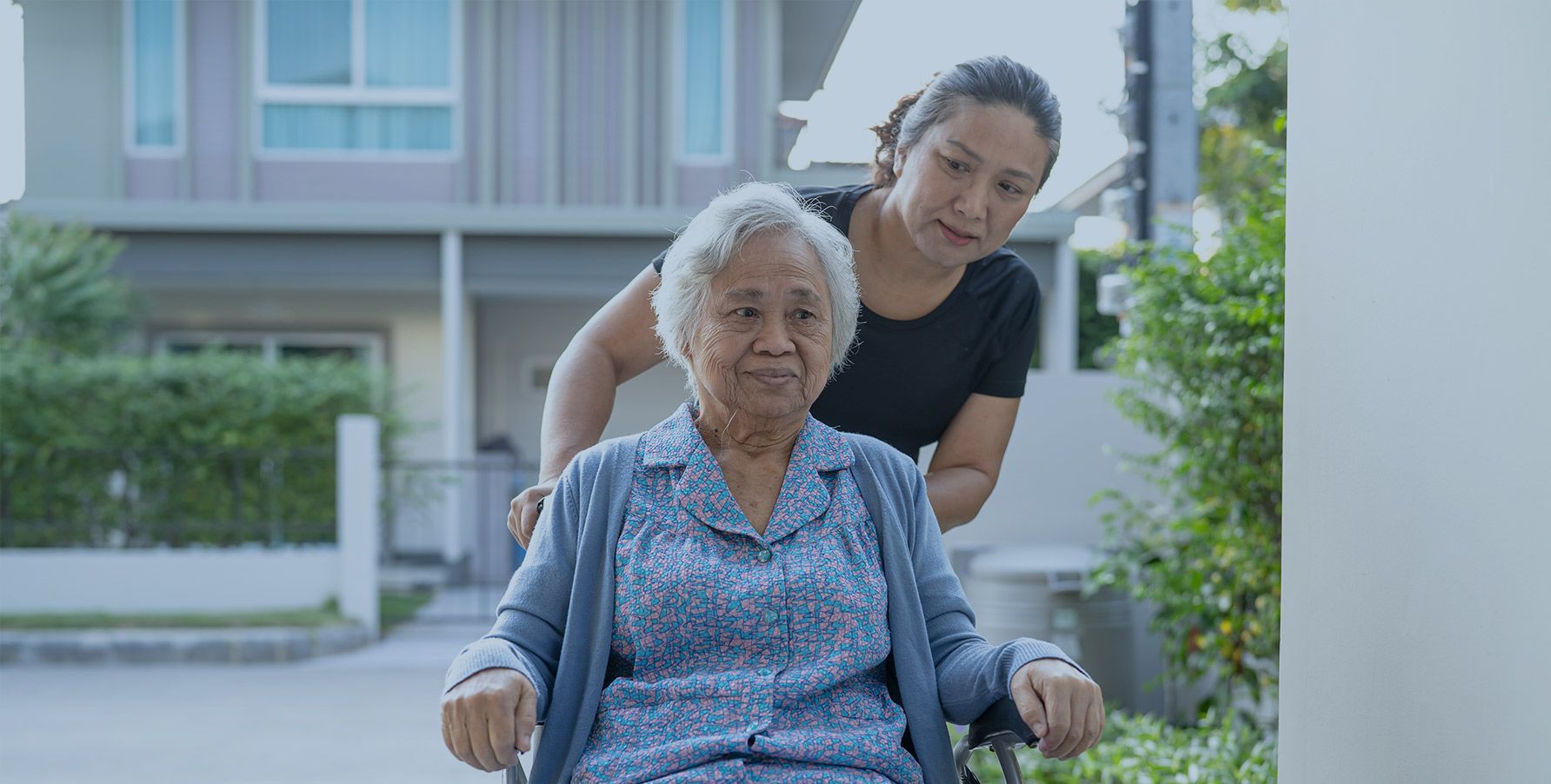Crohns and Colitis Awareness Month
#IBDHasNoAge
In Australia 1 in 250 people are affected by Crohn’s and Colitis. Today we shed some light on Inflammatory Bowel Disease, which affects both young and old. We advocate for those who are struggling or may have just been diagnosed, to raise awareness and #FlushtheStigma surrounding this difficult condition.

The more awareness we raise about this condition, the more we assist people in seeking help and advocating for better health care and intervention in a disease that can make a person feel uncomfortable or ashamed to talk about. It is reported by many that their journey to diagnosis has been strenuous and difficult, often dismissed and exacerbated by incorrect treatment for other common gut problems.
Crohn’s Disease can occur anywhere in the digestive system from the mouth to the Anus. And symptoms can vary greatly from person to person. And can be serious to mild. Colitis – or more often known as Ulcerative Colitis is a form of IBD that affects the large intestine and the colon. It is caused by inflammation in the gut that results in redness, swelling and pain. Ulcers may form on the surface of the intestines, leading to bleeding and increased production of mucous. Symptoms usually come in flares (times where the symptoms are more prominent than other periods and can lead to some confusion, especially when you are first seeking help and diagnosis).
Common Symptoms:
- Abdominal Pain
- Frequent Diarrhoea (sometimes with bloody stools) and an urgent need to use the bathroom.
- Tiredness and Fatigue
- Loss of Appetite and Weight
- Persistent Anaemia
Diagnosis of IBD can often be difficult, with physicians often treating symptoms as bacterial infections or the more common Irritable Bowel Syndrome (IBS). It can take time to receive an accurate diagnosis, and this is where advocating for your body is important. Multiple tests are often required, as IBD has been seen as an illness that begins as a teen or young adult, but it is becoming more apparent that people of all ages can develop IBD, and it is not limited to starting in young age.
Dietary Tips to aid Gut health for those with IBD:
Always consult with your doctor and dietitian. As symptoms vary and malnutrition is common, it is vital that a dietitian has input and can work on a plan of what your body can and cannot tolerate and when to intervene with supplements.
Trigger Foods:
- Foods high in Insoluble Fibre
- High Lactose Foods
- High Fat Foods/ processed Foods
- Caffeine
- Alcohol
Foods to increase your Diet:
- Fruits (Bananas, raspberries, Apple Sauce)
- Vegetables: Squash, Carrots, Green Beans
- Foods Rich in Omega 3 Fatty Acid
Do:
- Increase Protein
- Increase Fluids
- Nutrient Dense meals and Snacks
- Consult with your Doctor and Dietitian
For additional help and resources with diet, visit Dietitians Crohn’s Colitis Australian Network
‘’I went from being a normal healthy person, to noticing some problems around my gums and teeth. Within 7 months I had dropped 40 kilograms. It baffled doctors and I struggled to advocate for myself, within the realms of health services, from running the usual gamut of tests and ruling out cancers, to having internal bleeding because I kept being susceptible to Pylori and infectious gut diseases. Months of antibiotics and scopes, I was passed from doctor to doctor. I didn’t know about IBD or how it affected the system. It was a fight to advocate that this was not some stress related side effect, as I collapsed over and over. It took a year for me to find the correct Gastroenterologist who listened to me and has empowered me to learn about my illness and to inform the healthcare sector, that even at my age, it was possible for IBD to present itself. It’s been a long journey that has involved both medical assistances, but also an awareness of how I need to treat and listen to my body – after all it is my body, and I wish I had fought harder and listened to my literal ‘gut instinct!”
- Anon, (38 years old)
For support, information and resources on living with IBD and for those advocating for better health care and treatment for those with suspected IBD, visit:
Australian Crohn’s and Colitis Association
Crohn’s and Colitis Helpline: 1800 138 029

CONTACT FORM
We will get back to you as soon as possible.
Please try again later.
Powered with 💛 by Shazamme



